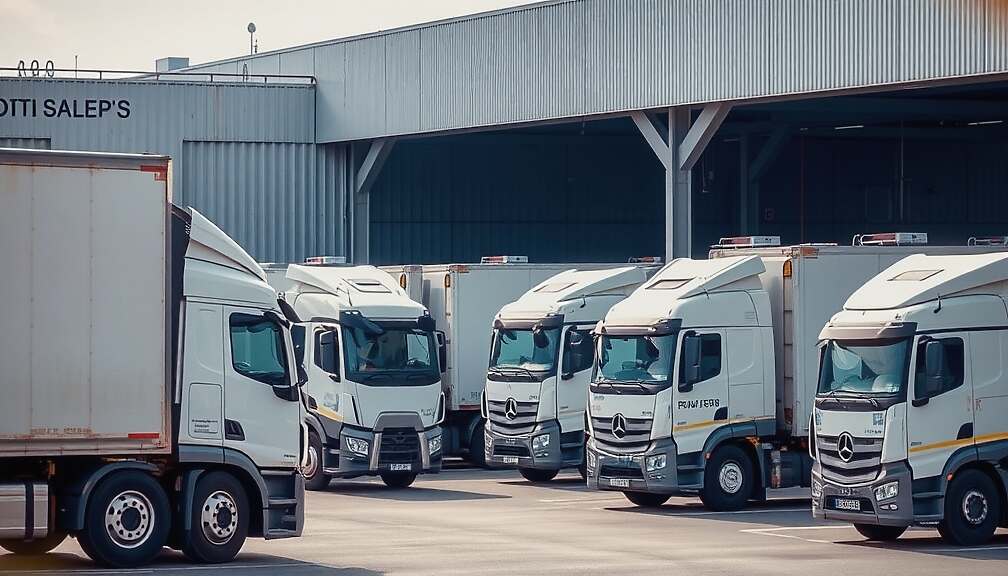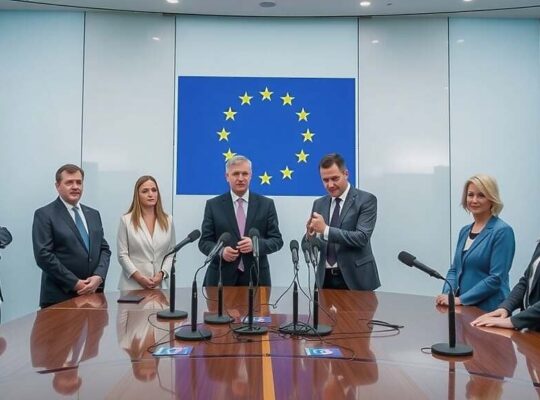Leading European truck manufacturers DAF and MAN are publicly challenging the European Union’s ambitious regulations aimed at reducing carbon dioxide emissions from heavy-duty vehicle fleets, raising concerns about the viability of the industry and potential economic repercussions. The companies are arguing that the current trajectory risks crippling a vital sector and triggering broader inflationary pressures.
Alexander Vlaskamp, CEO of MAN, warned in an interview with “Welt am Sonntag” that Europe “must not destroy its own industry” with overly aggressive timelines. Harald Seidel, CEO of DAF, echoed this sentiment, stating that achieving widespread adoption of electric trucks by 2030 is unrealistic given the current conditions, despite significant investments in alternative drive technologies. He highlighted that battery-powered trucks currently account for a meager one to two percent of total sales, attributing this to a lack of commercial viability for many transport operators and the inadequate availability of charging infrastructure.
The EU’s “Fit-for-55” package mandates a 45% reduction in the average CO2 emissions of newly sold truck fleets starting in 2030. Manufacturers failing to meet these targets face substantial financial penalties. The rapid pace of this transition, particularly the impending CO2 levy due to take effect in 2027, is the primary source of concern. DAF’s Seidel argues that this levy will disproportionately impact end consumers, ultimately fueling inflation if electric trucks remain economically uncompetitive by that date.
To address the deadlock, both CEOs are advocating for a review of the EU’s fleet emission standards, pushing for the 2027 review to be accelerated to 2026. MAN’s Vlaskamp also suggested the introduction of a truck scrappage scheme as a means of facilitating a gradual shift towards more sustainable vehicles. Furthermore, the industry is offering a conditional exchange with European policymakers: increased investment in electric truck charging infrastructure in return for a reconsideration or suspension of stringent regulations like the Euro-7 emissions standards.
The manufacturers stress that while achieving the 2030 target remains feasible, it necessitates a drastic acceleration of charging point deployment. Currently, only 1,100 public truck charging points exist across Europe, a significant shortfall compared to the estimated 10,000 needed by 2030. The current environment casts a critical light on the EU’s overarching climate strategy, especially considering the recent International Court of Justice ruling, which establishes legal recourse for states exceeding the 1.5-degree Celsius warming threshold and potentially facing liability for climate-related damages. The situation underscores the complex interplay between environmental ambition, industrial viability and the potential for unintended economic consequences.












